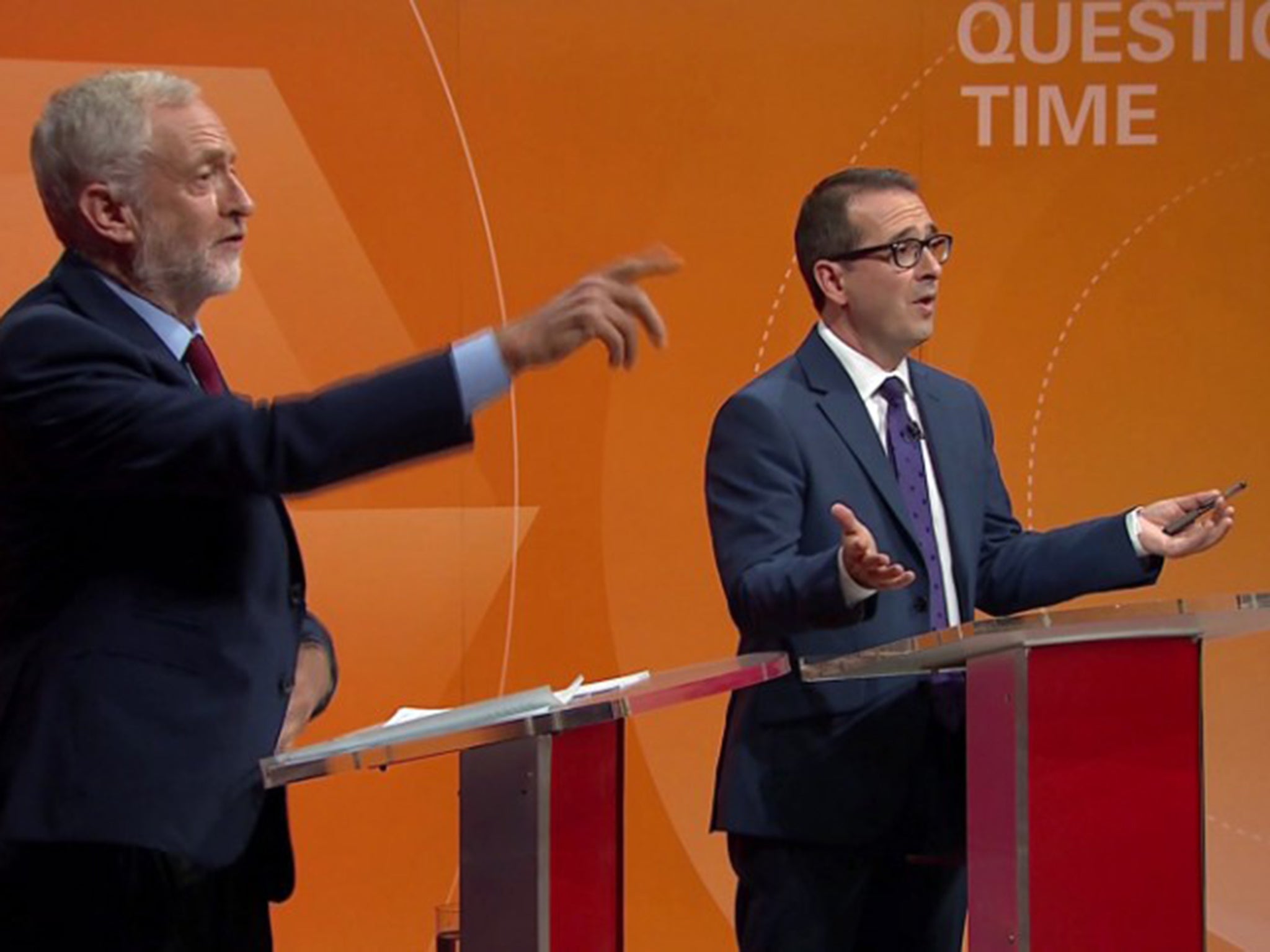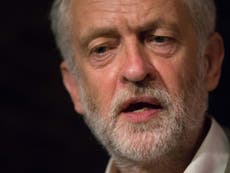A year on from his election, it's time to admit that Jeremy Corbyn isn't an anomaly – he was inevitable
Under Corbyn, and with the movement that has formed behind him, we have won back Bristol and London, increased our majority in every by-election, and gone from seven points behind at the last general election to one point ahead at this May’s local elections


A year ago, Labour started a journey that changed the direction of the party. When we were fighting for Jeremy Corbyn to reach the ballot paper, the initial aim was to force a debate and to push ideas which were being laughed out of the political mainstream. Now, one year later, we have a Labour leadership contest in which both candidates are expressing core Labour values on public ownership, progressive taxation and workers’ rights in a way that hadn’t been seen for 40 years.
It’s easy to dismiss Corbyn as an experiment, a blip, or a relic of a past age. But if you looked closely enough, you would have seen the signs pointing inevitably toward his election.
The New Labour project in which most politicians were schooled had run out of ideas – especially after the crisis in the financial sector forced a polarisation between those who accepted neoliberal economics and those who did not.
This time last year, we talked about a new politics. Those politics are under construction, but they are in motion. Under Corbyn, and with the movement that has formed behind him, we have won back Bristol and London, increased our majority in every by-election, and gone from seven points behind at the last general election to one point ahead at this May’s local elections. Is this enough? Simply put, no it is not. But it is a start and a base we can build upon.
In policy terms, too, the Corbyn project looks like the future more and more every day. We know growing technological developments in artificial intelligence, automation and big data mean that democratic socialism in the 21st century must adapt to such a rapidly changing world. Whether through the introduction of a Universal Basic Income, or through developing ways to ensure that the self-employed, entrepreneurs and fledgling start-up companies have the support they need to take chances and innovate, the £500bn investment programme proposed by Corbyn responds to the challenges we will inevitably have to face.
This programme aims to radically transform the economy, create a million new jobs and a million new homes, at least half of them social housing.
Additionally, we want to generate 65 per cent of Britain’s electricity with renewables by 2030, rising to 85 per cent as technology improves, creating 200,000 jobs in wind power alone, as well as local energy co-operatives all over the country. Those million homes will all be carbon neutral homes, and we’ll insulate 4m existing ones. We won’t just ban zero hours’ contracts – we’ll create a whole new generation of high-tech, highly skilled, highly paid jobs.
So many of my colleagues in parliament speak about the over-riding importance of a Labour government, as soon as possible, and of almost any stripe. If they mean what they say – and I’m certain most of them do – then they will, ultimately, fall in behind Jeremy Corbyn if he wins. You may not agree with his every decision, or his every policy – but what the new politics represents is our best, maybe only, hope of returning to power.
Clive Lewis has been Norwich South MP since 2015


Join our commenting forum
Join thought-provoking conversations, follow other Independent readers and see their replies